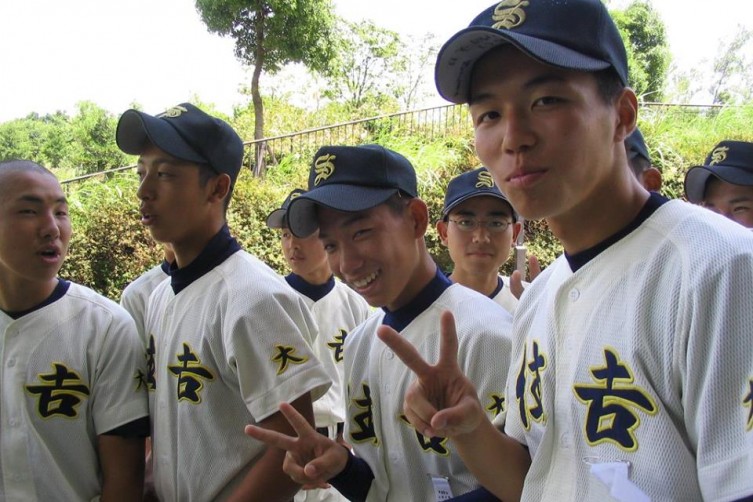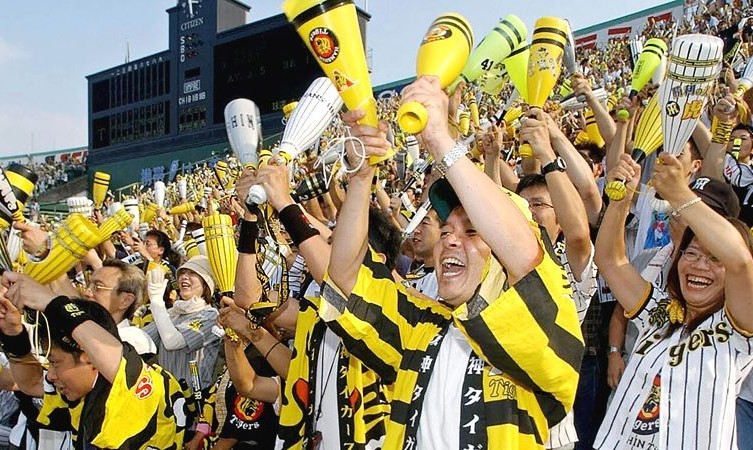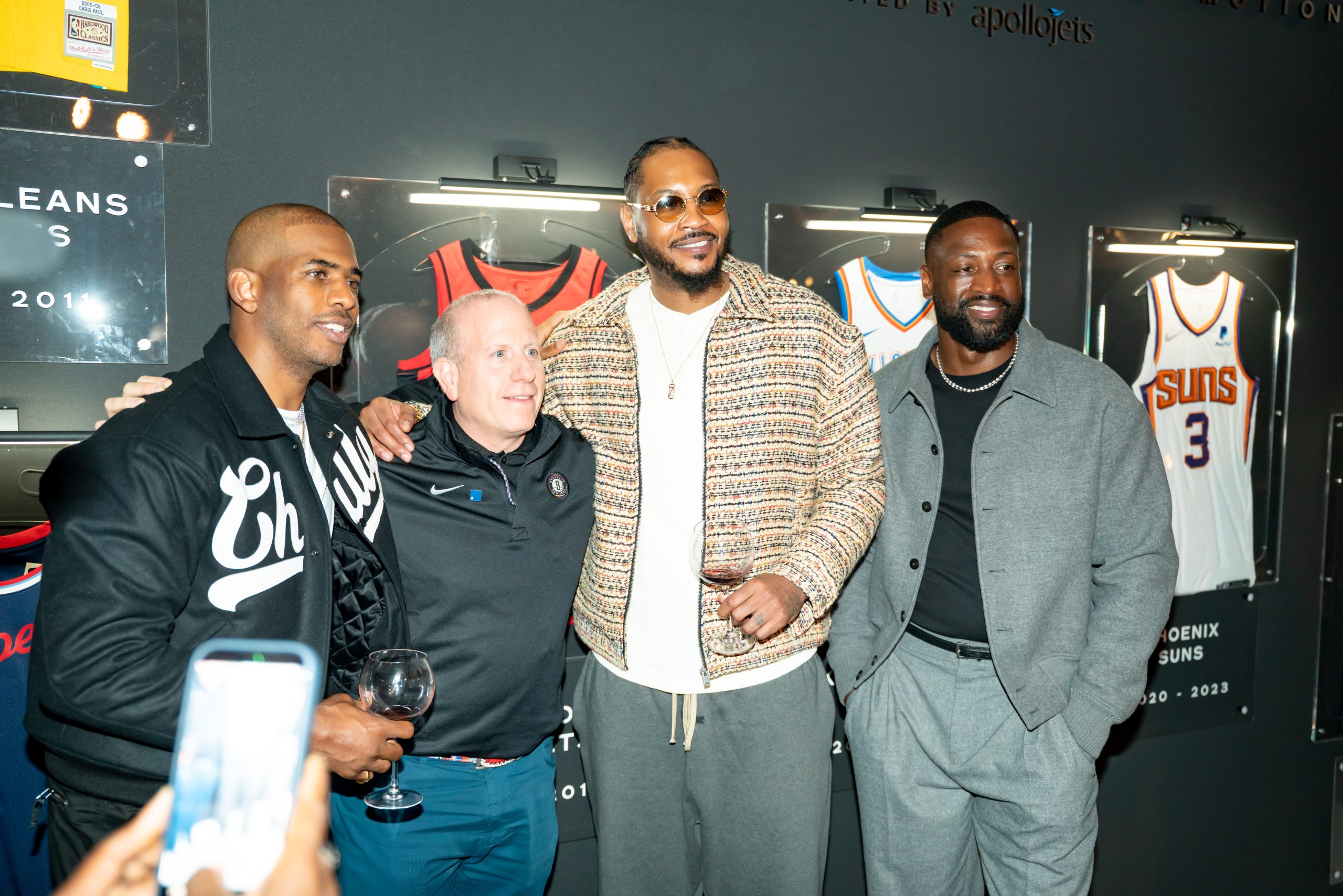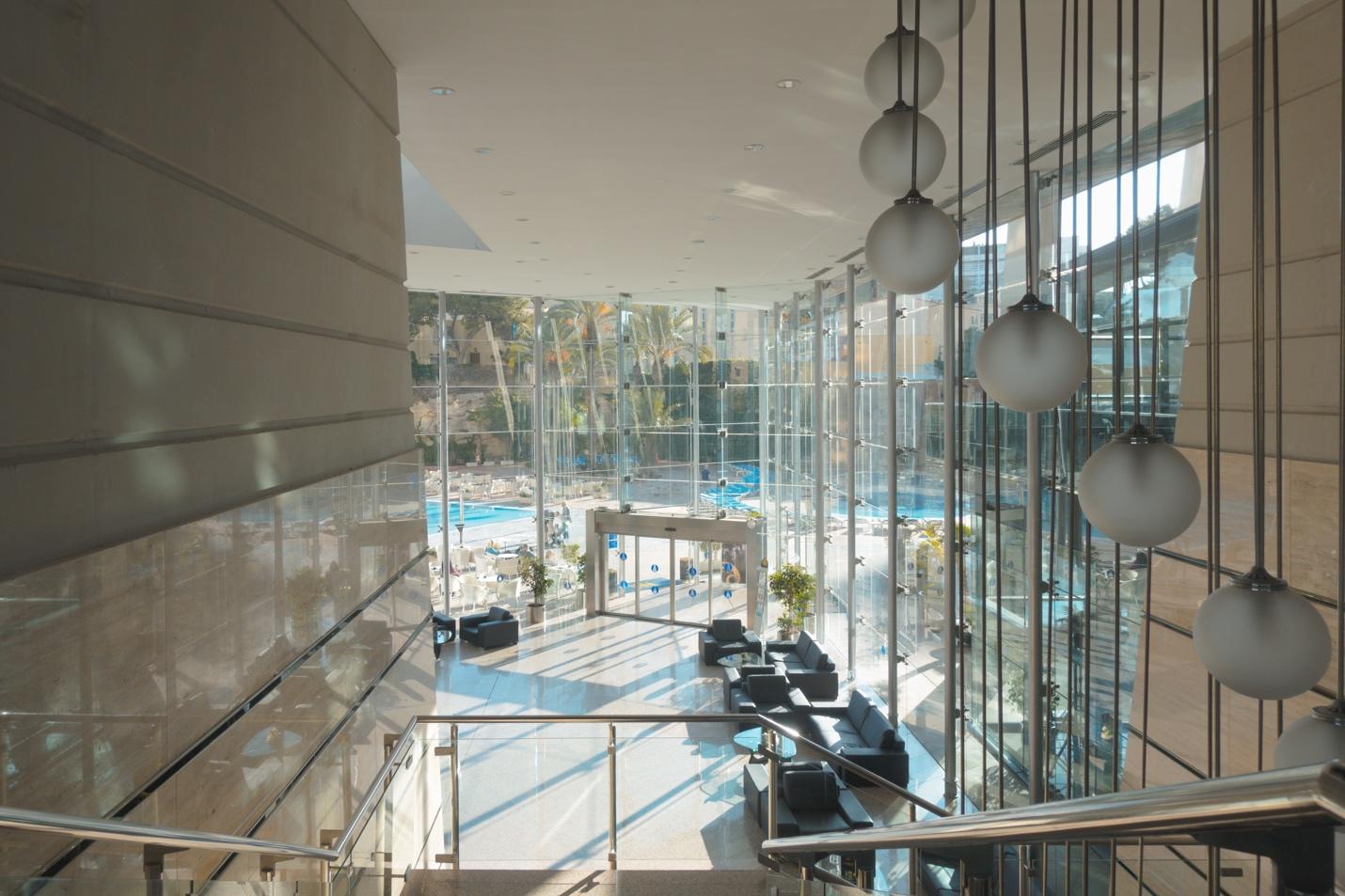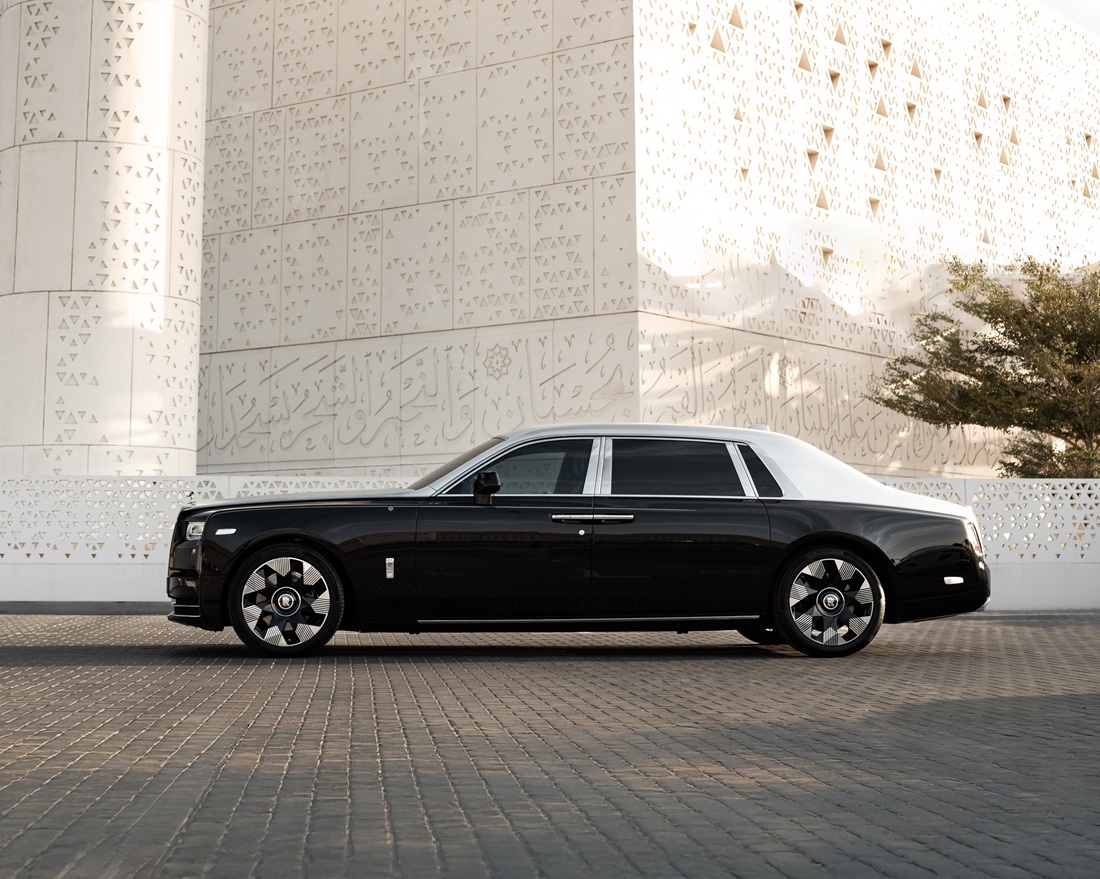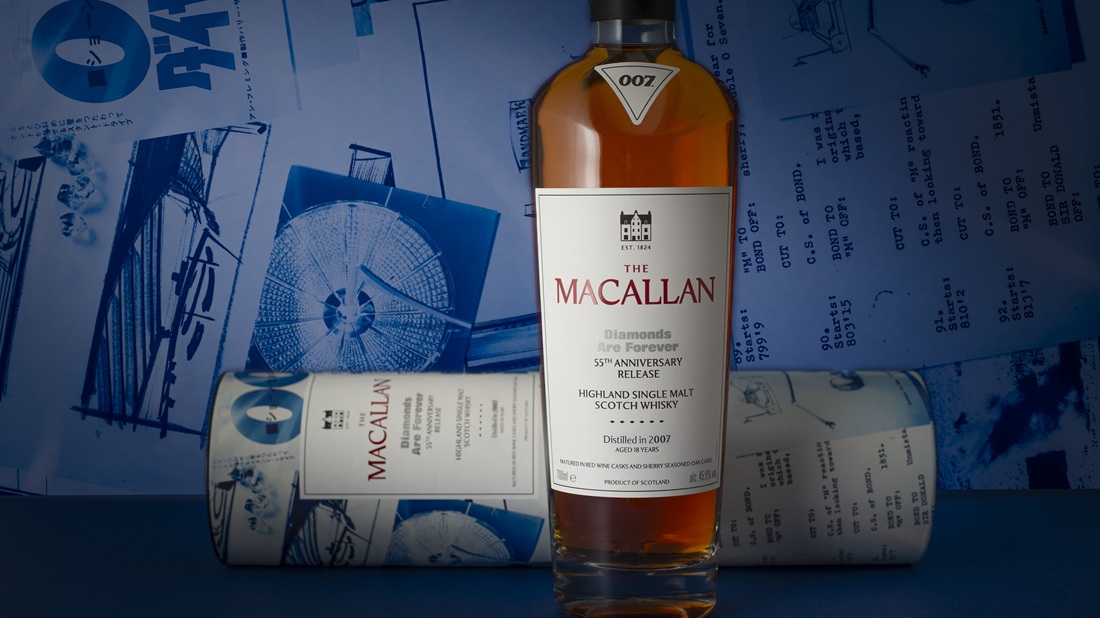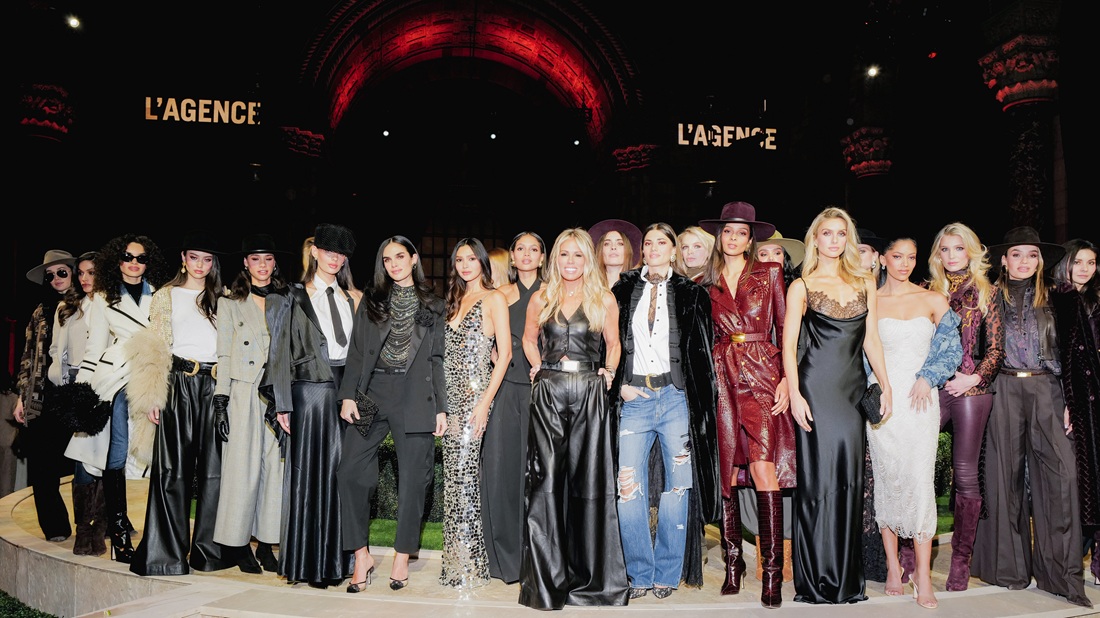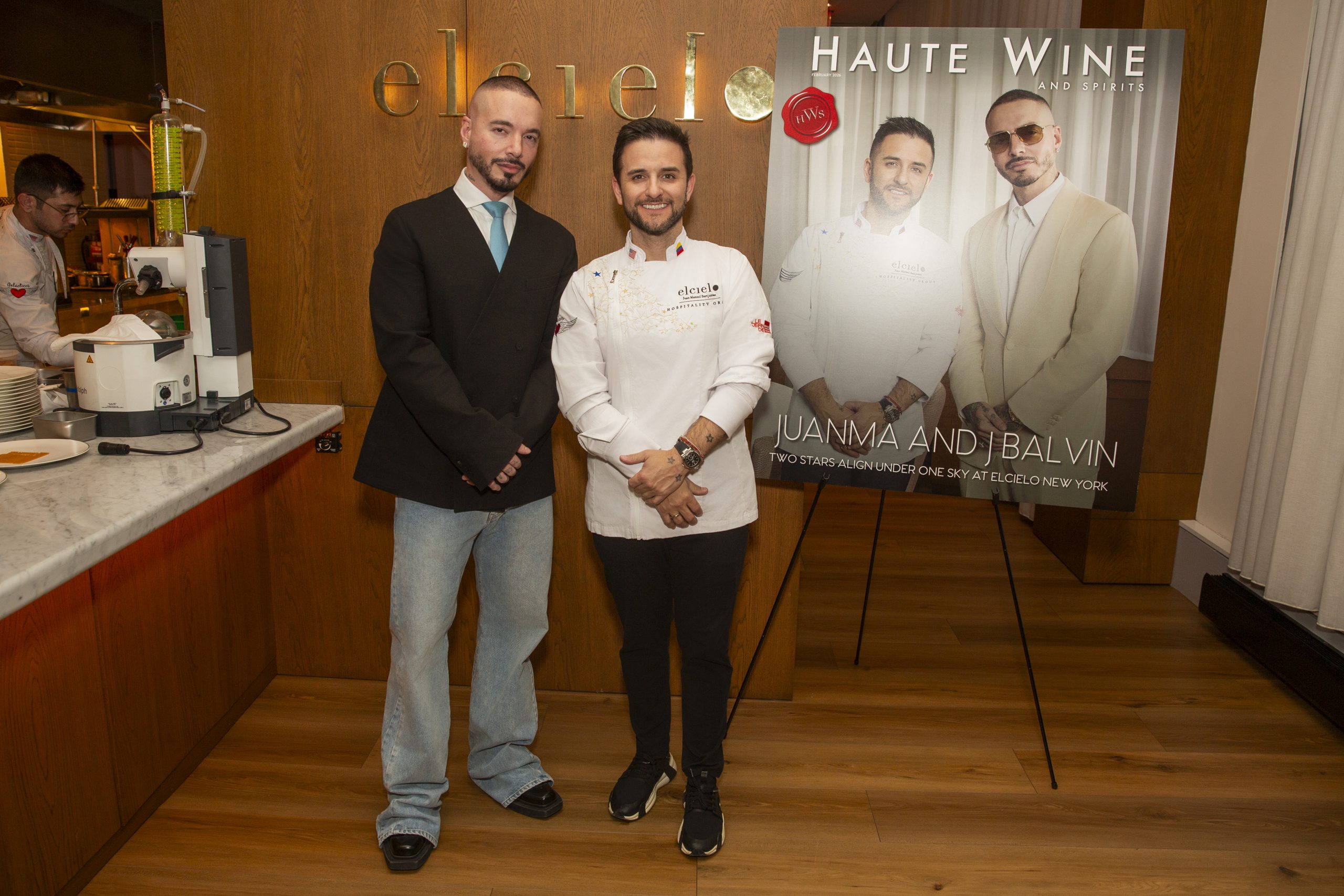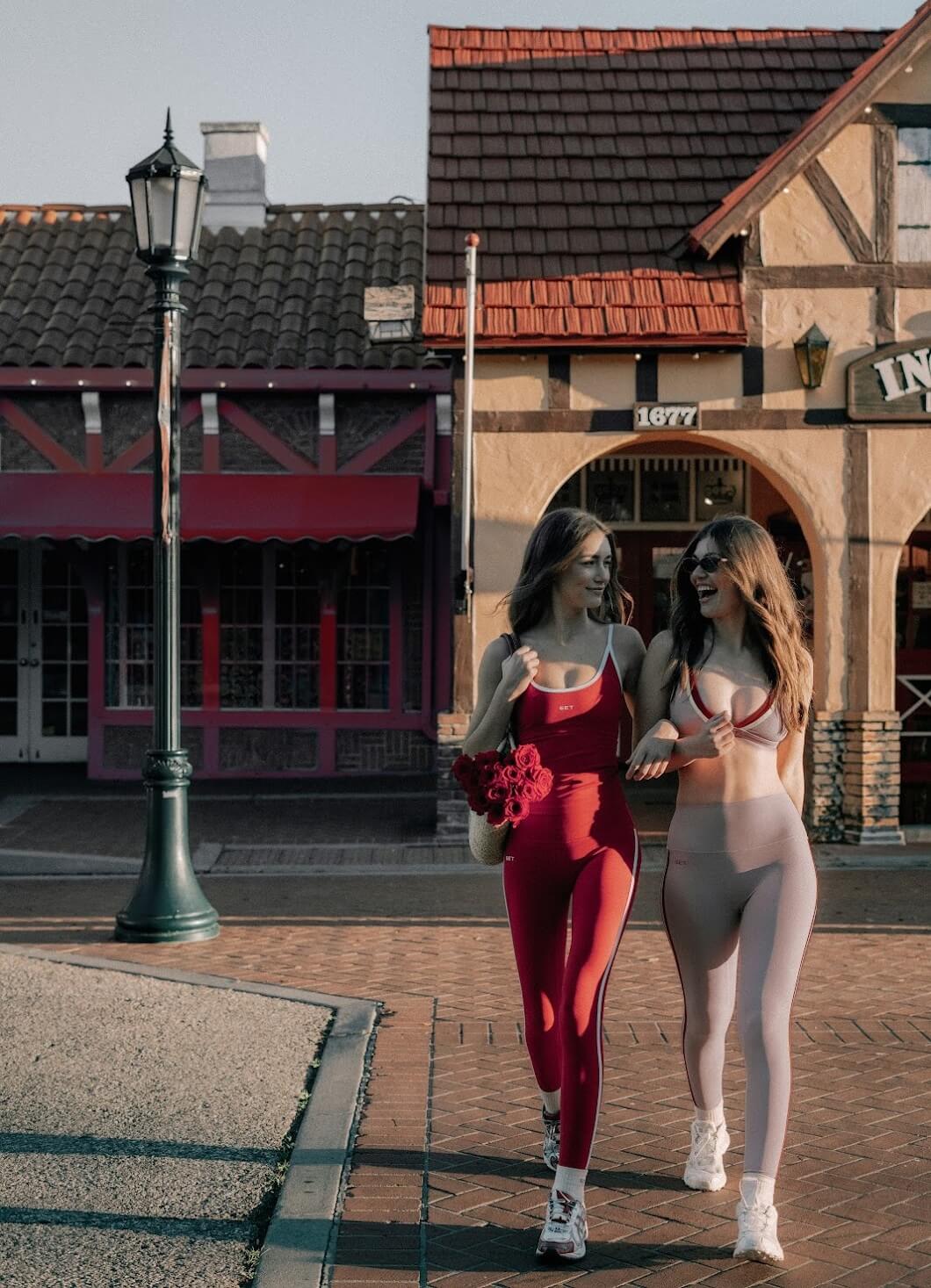Boy Of Summer: Interview With “Kokoyakyu: High School Baseball” Director Kenneth Eng
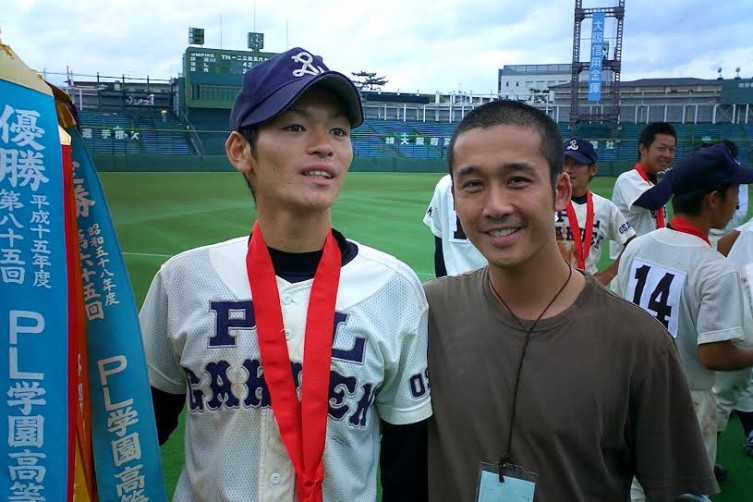
In 1872, American professor Horace Wilson introduced the game of baseball to Japan as a healthful activity for his Japanese students. Today, baseball or “yakyū” is the country’s most treasured sport. Every year, thousands of fans tune in to see the Japanese Series, a best-of-seven playoff similar to the World Series, while thousands more will watch Kōshien, the high school baseball championship played every August. 49 high school teams compete in the two-week elimination games held at Hanshin Kōshien Stadium in Nishinomiya, Japan.
Participation in the venerable competition’s considered a privilege and a rite of passage. Young athletes undergo rigorous training schedules and often forfeit seeing their friends and taking time off for vacations and holiday celebrations. In addition to athletic excellence, players are expected to embody revered Japanese values like selflessness and sportsmanship.
In Kenneth Eng’s riveting 2006 documentary, Kokoyakyu: High School Baseball, viewers get a look inside the exciting world of Kōshien. From regional wins to the National High School Baseball Invitational Tournament, or Spring Kōshien, the film tails two high school teams as they journey down the barbed path to the 2004 Kōshien Championship.
On Thursday, November 2 at 7:00 p.m., Morikami Museum and Japanese Gardens in Delray Beach will present a film screening of Kokoyakyu: High School Baseball. An intimate discussion with Kenneth Eng will follow. Tickets cost $10. Click here to purchase.
Haute Living caught up with the Boston native ahead of the screening to talk all things baseball.
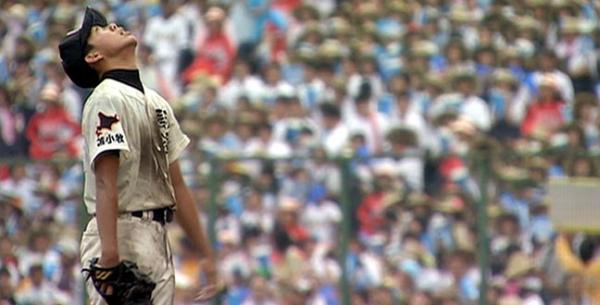
HL: What do you want guests to learn from watching your film, Kokoyakyu: High School Baseball?
Eng: I hope they get a better sense of Japan and its people. Baseball is American, however, the Japanese have infused samurai wisdom into the sport turning it into a martial art. Baseball’s also used as an educational tool to train the mind, body, and spirit.
What does “kokoyakyu” mean?
It means “school baseball” which is why it made sense to name the film Kokoyakyu: High School Baseball. I juxtaposed the Japanese and English terms together to show their similarities and, more importantly, to imply that in Japan, it’s something completely different.
How long did this documentary take to film?
The entire process, from concept to screen, took about six years. Alex Shear [writer-producer] and I talked about making the film in 2001 but we didn’t start moving on the idea until we were almost done with Take Me To The River. We spent a year raising funds from various organizations then filmed two teams on their journey to Kōshien in 2004. We spent another year editing the film and finished it in time for the July 4, 2006 premiere on PBS’ documentary film series, POV.
What did you like most, and least, about shooting the documentary?
I loved that it brought me to Japan and we were able to gain access to the world of high school baseball. I least liked being out in the humid, 100-degree weather and suffering like the players.
Who or what inspired the film?
Alex and I decided to make Kokoyakyu around the time Ichiro Suzuki and Hideki Matsui [Japanese baseball players] came to the United States. At the time, Alex was reading “You Gotta Have Wa” by Robert Whiting. The book [which recounts the Americans who’ve played on Japanese teams and examines how the two cultures collide on and off the field] includes a chapter about high school baseball. We realized we needed to make a film about Kōshien.
Why did you pick the 2003 Kōshien championship and the two teams to shoot?
We had been building momentum and it just happened to be when were trying to make the film. Japan’s High School Baseball Federation helped us select four teams. Due to budgetary and logistical reasons, we had to choose the two schools that gave us the best access.
What’s your explanation for Kōshien’s popularity?
People I’ve spoken with say it’s the team sport aspect and the battle between the pitcher and batter that Japanese people love. It’s also a nuanced game filled with drama.
Are you a baseball fan?
I love baseball. Growing up in Boston, we are taught to love the Red Sox.
Do you have to like baseball to enjoy this film?
No, baseball is the backdrop. The film is about the people and what they to do during the annual tournament.
Have you attended other Kōshien tournaments?
Yes, the 2003 spring Kōshien tournament from which the summer’s competitors are invited. There’s nothing like watching baseball in cold weather with a bowl of udon [thick Japanese noodles in a broth] in your hands.
Why aren’t documentaries as popular as other film genres, like action and comedy, and why should more people watch them?
Documentaries don’t get the same viewership as Hollywood feature narratives because of the money behind those films. If decision makers put more effort and money into getting documentaries out there, I think nonfiction films would start closing the gap. Channels like HBO, PBS, and CNN broadcast the best documentaries and the popularity continues to grow.
People should watch more documentaries because it’s an atypical way to get at the truth that’s seldom found in mainstream media. Documentaries have a way of giving voice to those who are rarely heard and provide more viewpoints.
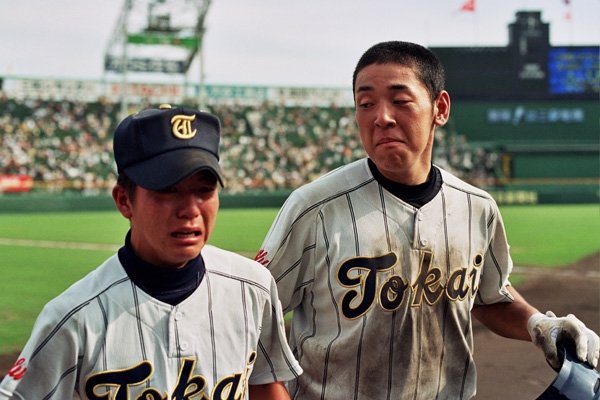
What’s your advice for wannabe documentary filmmakers?
It’s all about having the courage to go for it. The way to get good at anything is with practice. Pick the pen up and write a treatment then pick the camera up and shoot the story. Edit the footage into a film on your computer. These days, technology makes filmmaking accessible. If you want to raise money, identify foundations that share the film’s mission.
What do you like doing when you’re not making films?
When I’m not making films, I like spending time with my family. I love going to sporting events and enjoying new restaurants. I also love traveling.
It’s your first trip to Palm Beach County. Do you have any plans?
I love walking and I hope to get a sense of the place by going for a long walk along the beach.
What project(s) are you working on now?
A Billion To One, a film about Baltimore Orioles’ Guiyuan Xu, the first player from mainland China to be signed to an American baseball club.

